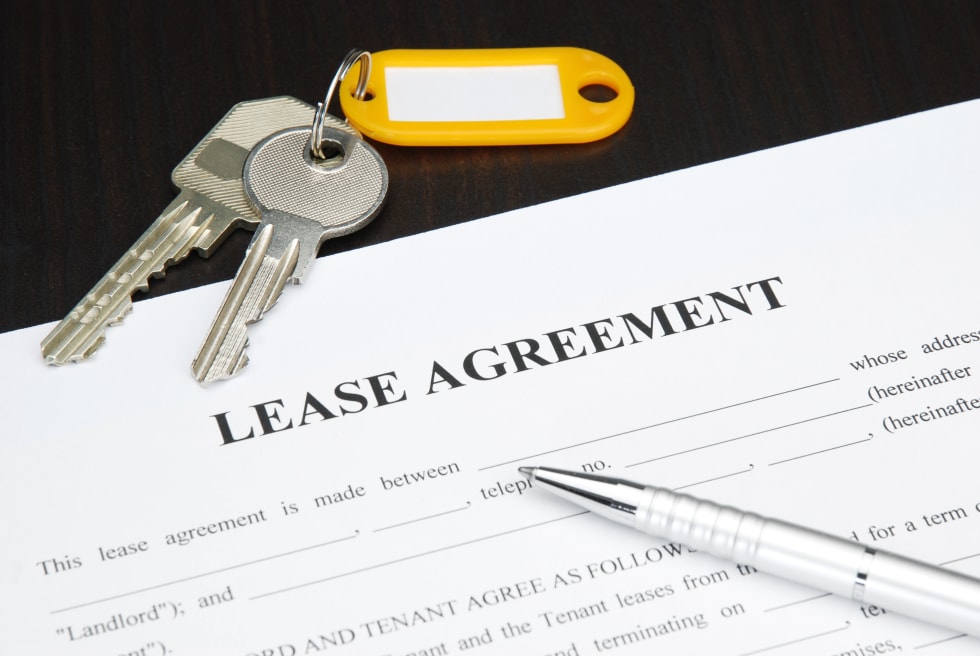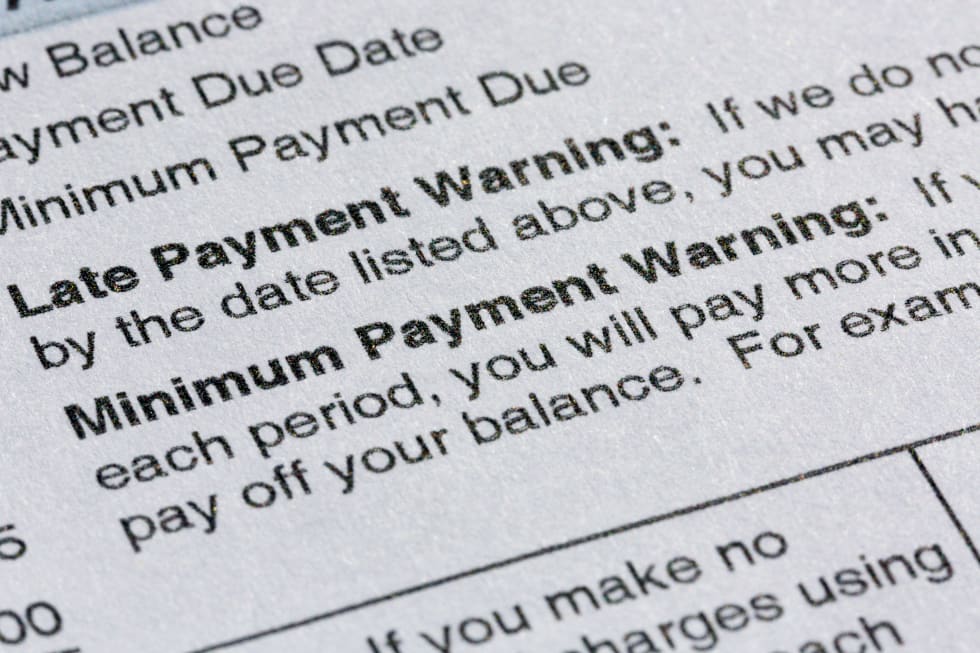5 Acceptable Reasons for Late Rent Payments [2023 Guide]

It's never ideal to experience late rent payments from your tenants, as landlords know, but it is also important to remember that life doesn't always go according to plan. Unforeseen circumstances can arise at a moment’s notice, leading to unexpected financial burdens that make maintaining an on-time rent payment schedule incredibly difficult.
Although you may lose out in the short run if a tenant experiences delays paying their rent, understanding and being flexible when presented with reasonable scenarios goes much further than taking draconian measures. To help landlords stay informed about what are viewed as acceptable reasons for late payments today - here is our detailed guide of 5 accepted excuses for making rent payments past due. You'll even find steps on what to do next and tips to help avoid late payments in the future.
5 Acceptable Reasons for Late Rent Payments
Late rent payments can be a source of frustration for landlords, but it's important to approach the situation with understanding and a willingness to work out a solution. Here are some common acceptable reasons for late rent payments from tenants:
- Temporary Financial Hardship: A tenant may experience a temporary financial hardship, such as unexpected medical expenses, car repairs, or loss of income due to job loss. In these cases, the tenant may be able to catch up on their rent in a few weeks or months.
- Delayed Payment from an Employer: Sometimes, a tenant's paycheck may be delayed or they may be waiting for a bonus or commission payment from their employer.
- Banking or Payment Processing Issues: A tenant may experience issues with their bank or payment processing system, causing a delay in payment.
- Landlord's Responsibility: In some cases, late payment may be the landlord's responsibility, such as if the landlord failed to provide the tenant with proper notice of rent increase or the tenant is waiting for the landlord to make necessary repairs.
- Natural Disasters: Natural disasters, such as hurricanes, earthquakes, or floods, may disrupt a tenant's ability to pay rent on time.
It's important for both landlords and tenants to communicate openly and honestly about any issues that may arise regarding rent payments. In some cases, a payment plan or other arrangement may be necessary to help the tenant catch up on rent while avoiding eviction
5 Steps to Take When a Tenant’s Rent Is Late

While there are some acceptable reasons for late payments when it comes to renting, either way, you’ve got a situation on your hands. Here are five steps to follow in handling non-payment of rent by your tenants.
Step One: Refer to Your Lease Agreement
When in doubt, refer to your lease agreement to double-check when rent is due. If you’re wondering, “when is rent considered late,” simply check the fine print in your lease. Tenants not paying rent is considered a lease violation because all of the details of payments will be listed in the agreement.
Step Two: Provide a Grace Period
In some states, a rent grace period is required for all landlords once a tenant is late on rent. Even if you are in a state that does not enforce this, it’s still in your best interest as a landlord to provide one to help foster the landlord-tenant relationship.
Step Three: Send a Rent Past Due Notice
Once your tenant’s rent is past due and they have exceeded the grace period, it’s time to send out a late rent payment notice. In the late rent payment letter you will send to your tenant, you will include the details of the rent due, including the amount and date.
Step Four: Post an Eviction Notice
If your tenant still does not submit payment despite your late-for-rent notice, it is time to post an eviction notice. The eviction notice, or a pay or quit notice, tells the tenant they must pay the amount due, including rent and any late fees incurred, or move out immediately.
There are legal processes to follow with eviction notices, so do your research. If unsure, get a lawyer to review your notices before sending them out.
Step Five: Hire a Lawyer
It might be time to take legal action if you are still unable to get a response or action from your tenant. If you’re wondering how to collect unpaid rent after tenants move out, a lawyer will also be your answer.
Tips for Avoiding Late Rent Payments

Rather than dealing with late rent payments, here are ten tips you can follow to avoid them in the first place.
- Choose Your Tenants Wisely: Do your due diligence as a landlord and complete thorough background checks on all prospective tenants.
- Be Communicative: If your tenant makes late rent payments often, talk with them. See if you could do something to help them get their payments to you on time.
- Use an Online Payment Tool: Utilizing online payment tools can help tenants pay rent on time. Making it easier to pay rent means they are more likely to abide by your rules.
- Include a Late Fee Policy: Enforce the late fee policy detailed on your lease. If tenants have to pay a fee, they are less likely to become repeat offenders.
- Offer Incentives: Offer bonuses to renters who pay rent on time each month.
- Make Credit Reporting Available: Credit reporting means you will report any time a tenant fails to pay rent on time. They might be more interested in taking you seriously with on-time payments if they know it could reflect poorly on their credit score.
- Review Laws: Ensure you understand the legalities surrounding late rent payments in your area before enforcing anything.
- Consider Rent Guarantee Insurance: Rent guarantee insurance, or landlord rent default insurance, can help protect landlords in the unfortunate circumstances their tenants are not paying rent.
- Send Rent Reminders: Give your tenants a friendly reminder each month before rent is due.
While the last thing any landlord wants to do is evict a tenant, sometimes it’s the only solution if they repeatedly show they cannot pay rent on time each month.
Final Thoughts
No landlord wants to deal with late rent payments, but unexpected circumstances can arise that help prevent tenants from paying on time. Landlords should understand the acceptable reasons for late rent payments and the steps they need to take in the event of tenant delinquency. Proactively including specific policies related to rent payments in a lease agreement and promptly addressing any issues that may arise are important steps landlords can take to avoid late rent payments.
But remember, if you're in the market for high-quality tenants, post your listings on Apartment List to find quality applicants that'll help make running your rental business a breeze.
Share this Article




